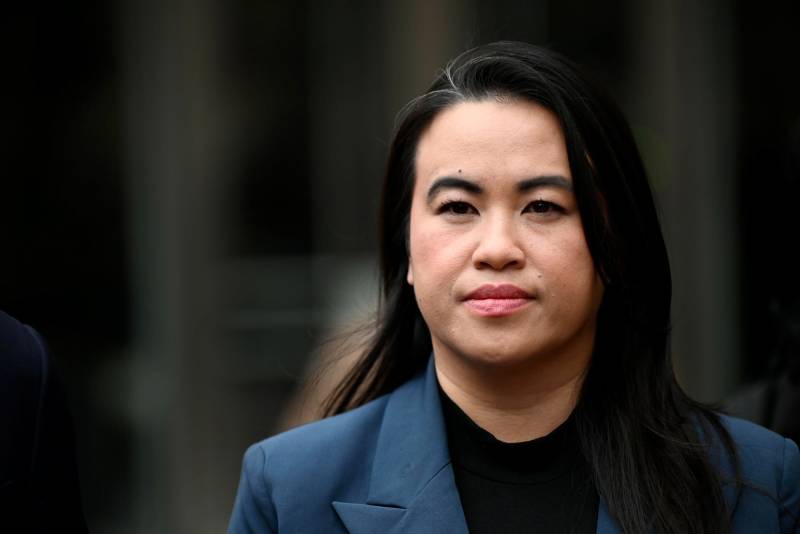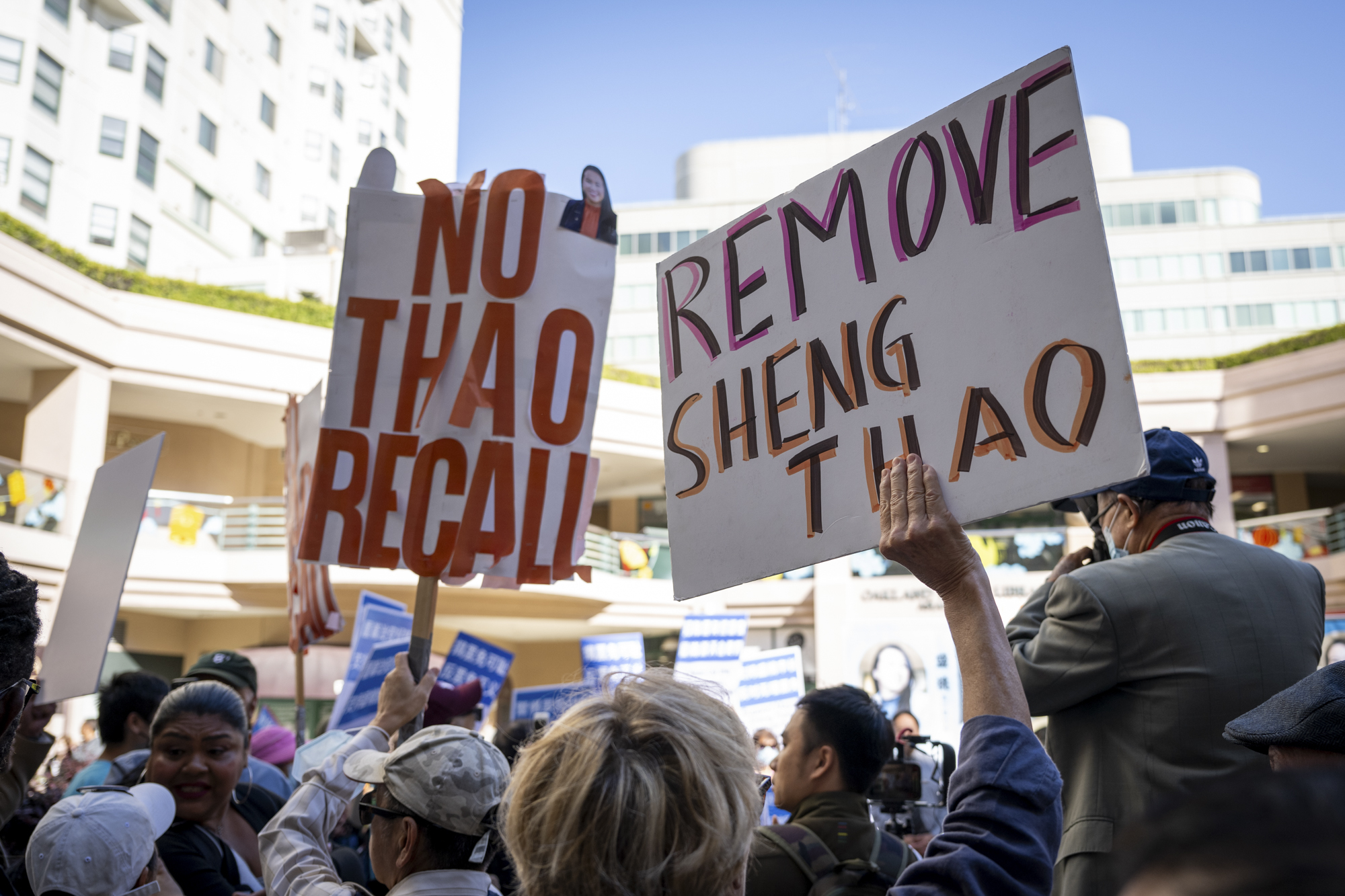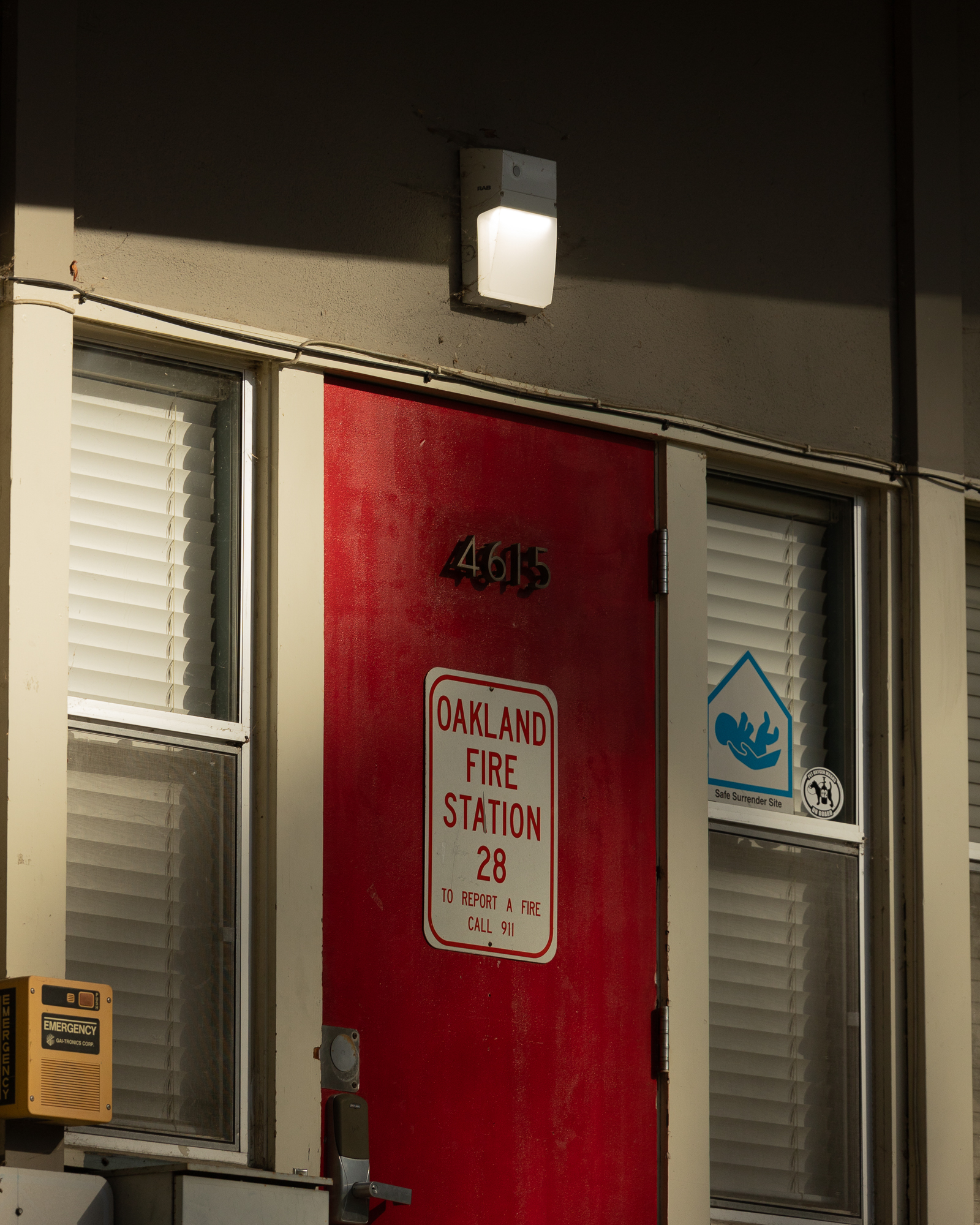Oakland will pay more than $200,000 and implement a series of election reforms to settle a lawsuit alleging that former Mayor Sheng Thao and several other candidates missed the filing deadline to be eligible to run in the 2022 mayoral election.
The City Council voted Tuesday afternoon to approve the settlement, more than two years after the Alameda County Taxpayers’ Association filed its lawsuit accusing the city of a litany of election-related blunders, violations and coverups stemming from the Oakland City Clerk’s office inadvertently giving mayoral candidates the wrong deadline to submit their candidacy applications.
Upon realizing the mistake, on the afternoon of the actual deadline, the office “frantically” called Thao and other candidates who had yet to submit their paperwork, instructing them to come to City Hall to file before the 5 p.m. cutoff, the suit alleges, leaving candidates “scrambling to gather signatures and organize their paperwork at the last minute.”
Of the four candidates — Thao, Monesha Carter, Seneca Scott and Allyssa Victory — who showed up to the clerk’s office on the afternoon of Aug. 12, 2022, only Scott turned in his paperwork by the 5 p.m. deadline, the suit alleges, arguing that Thao and the two others should have been disqualified.



